
How triathlete doctor with long Covid changed her diet, had oxygen and light therapy, and more, to beat it after 3 years and get back back to competing
- Hyperbaric oxygen and red light therapies, supplements and a low-histamine diet featured in elite triathlete Dr Tamsin Lewis’ recovery from long Covid
- The wellness entrepreneur, who founded the Wellgevity platform in part to help long Covid sufferers back to health, also prescribes a strong dose of self-care
The impact of long Covid is staggering, and yet it remains an enigma. Scientists still do not know what causes people to suffer Covid-19 symptoms for more than 12 weeks after diagnosis, or why it affects some and not others.
A recent study estimated that long Covid affects around 6.2 per cent of Covid-19 sufferers; that is about 40.8 million people, on the basis of the World Health Organization’s global estimate of 660 million confirmed Covid-19 cases.
Based in London, The British medical doctor, mother, and elite sportswoman – she was the Ironman UK 2014 Champion and a former pro triathlete – is also a wellness entrepreneur.
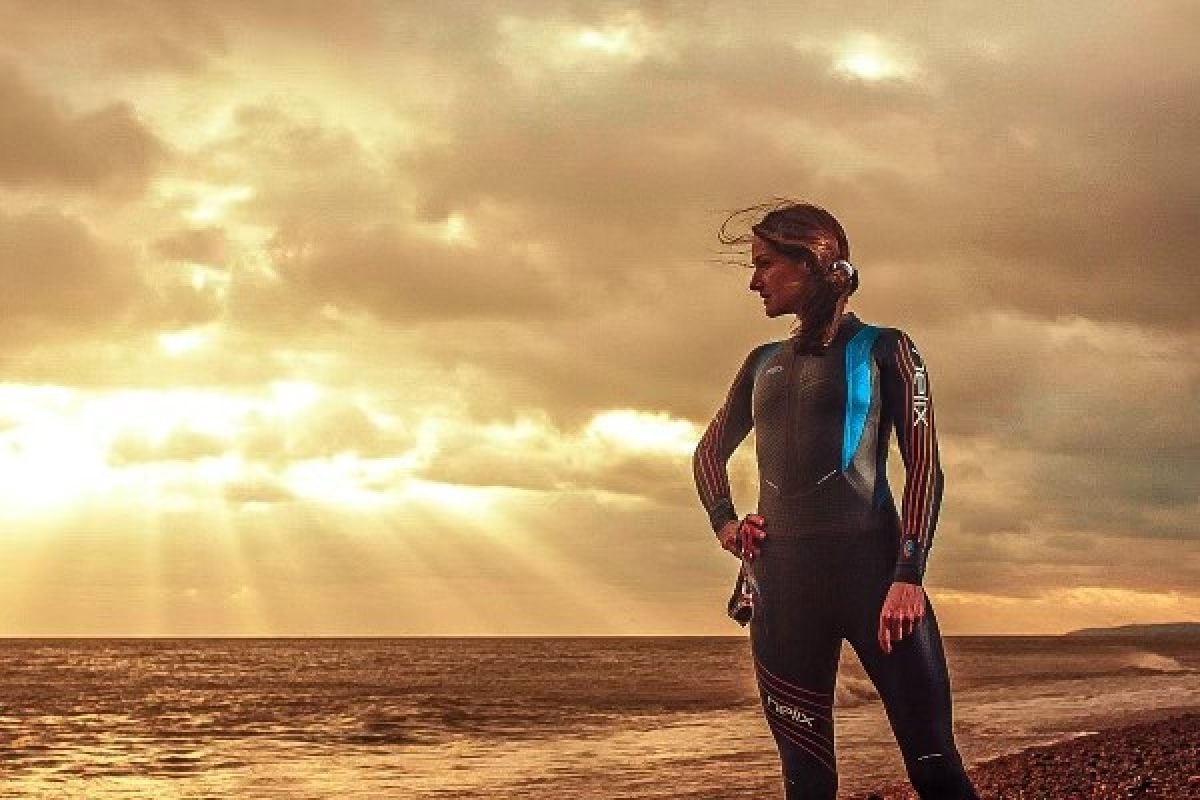
She is the founder of a platform called Wellgevity, an integrated medical and health service that specialises in functional medicine, a root-cause approach to health.
“Rather than sticking a plaster over the top of whatever symptoms you have, it is investigating the different systems that may be involved in driving that dysfunction that then appears as disease,” she says.
She and other doctors, some of whom have also experienced severe long Covid themselves, offer a personalised guided healing, including diagnostics and support.
In March 2020, Lewis contracted a severe case of Covid-19 and could not shake off the symptoms. She suffered from dysautonomia – meaning the autonomic nervous system does not work properly. Her symptoms included dizziness, breathlessness, weakness, insomnia, brain fog and anxiety, many of which came from residual inflammation.
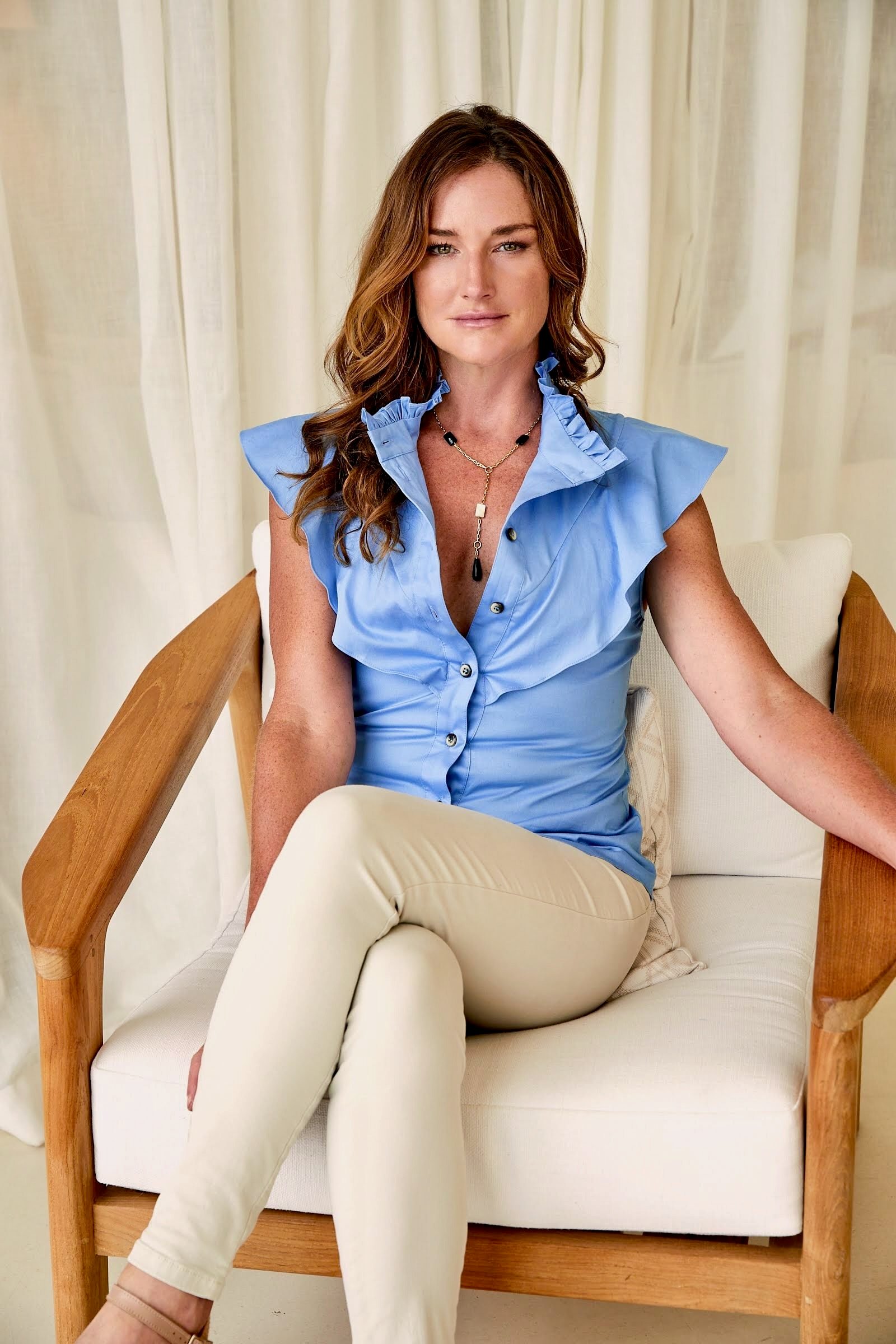
She set out to treat and medicate herself back to health. It was a long journey to recovery she says, but now Lewis is “80 per cent” back to her former state, which admittedly is a high bar. She was delighted to complete a triathlon in May this year.
“I was not very fast, but at least I can exercise daily consistently now,” she says.
Last July, she contracted Covid-19 for the second time. With knowledge of what medicines to take and what to do, she was better equipped to self-treat and recovered much faster. She no longer suffers from brain fog and can now sprint on the treadmill at her previous speeds.
Stress management is super important; stress is a major trigger for long Covid relapse in many people, both psychological and physical
What is her advice for those looking to recover from long Covid? A number of things helped her. To address brain fog, she recommends hyperbaric oxygen therapy, which involves breathing pure oxygen in a pressurised environment.
“I’ve had about 30 sessions in a medical-grade chamber, which really helps with increasing oxygen delivery around the body and brain to address the cognitive dysfunction,” she says.
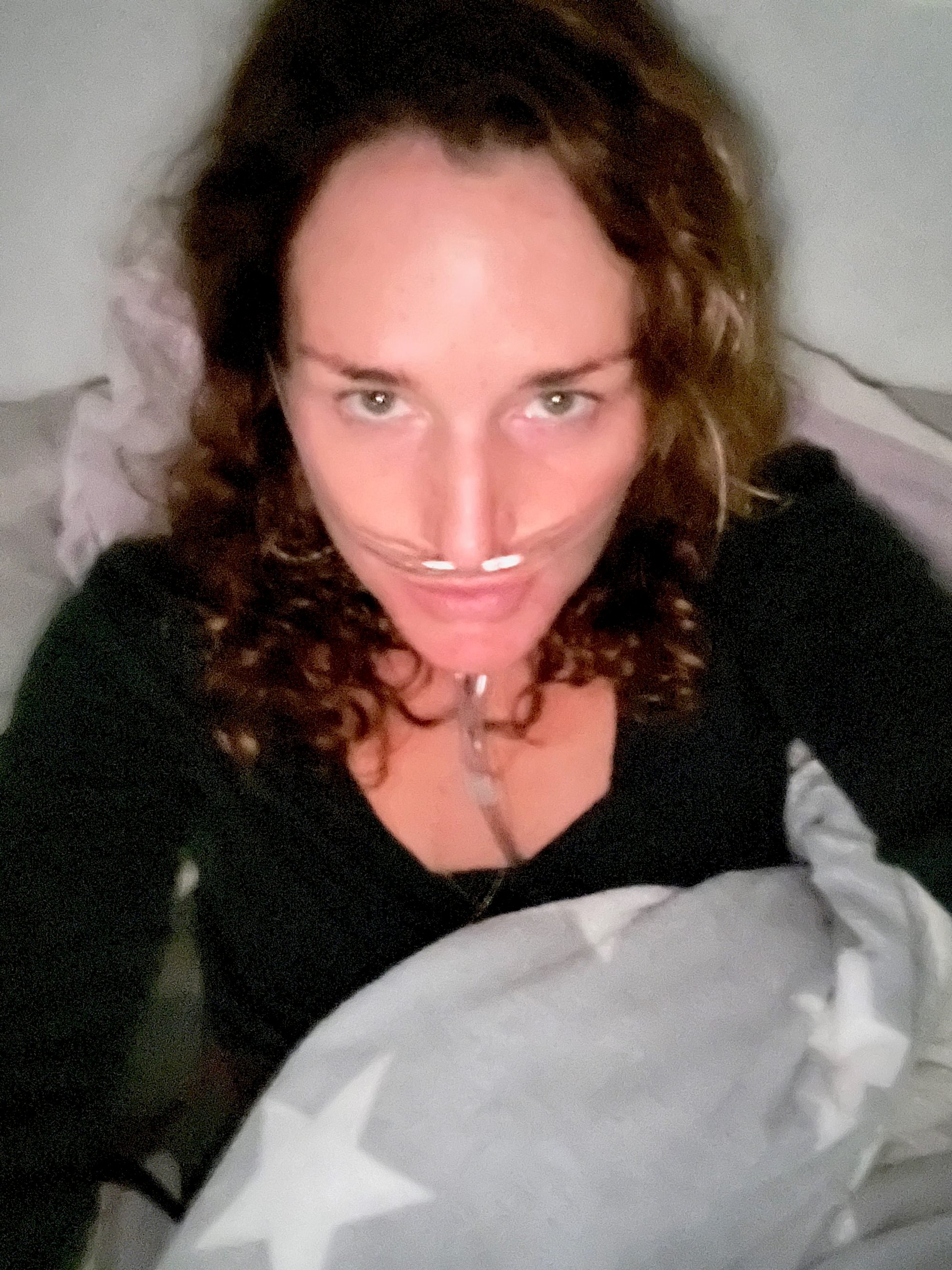
She uses a light-therapy-based headset device called Vielight Neuro which has been shown to improve brain health. She also regularly spends time in an infrared sauna.
She also uses adrenal support supplements, such as Adrenotone, a combination of standardised herbs and nutrients.
A high dose of vitamin C helps to reduce blood clotting often seen in long Covid, she adds, while a magnesium threonate supplement she takes called Neuro-Mag helps to support cognitive function, which she takes with electrolytes.
Harking back to her days as an athlete, Lewis regularly takes creatine, a chemical compound which increases energy production in your mitochondria – which turn the energy we take from food into energy that the cell can use – to enhance cognitive function, muscle strength and physical performance.
She says this has helped to address “muscle aches and pains and fatigue”.
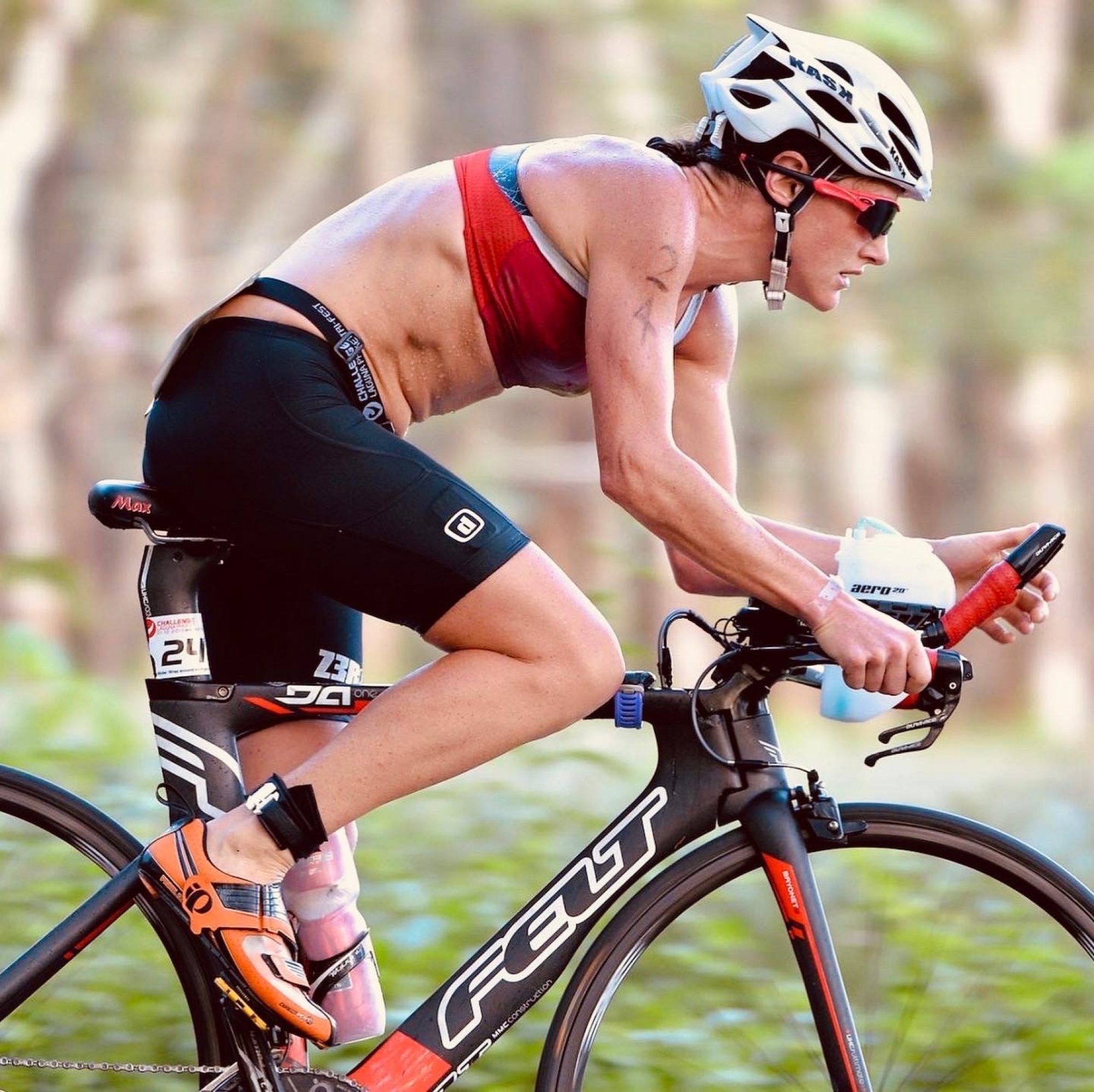
Lewis has also taken prescription medications, including a small dose of Amitriptyline – an antidepressant and pain relief medicine – for the past 18 months, which “helped me sleep better and reduce anxiety”.
She also takes a low dose of naltrexone, which is used for autoimmune disease and is thought to reduce overactivity of the immune system.
She also takes antihistamines and H1 and H2 blockers, prescribed by Dr Paul Glynne, a leading authority on long Covid in London.
“He found that histamine levels were higher with many people with long Covid and they had what we call mast cell activation syndrome. When the mast cells in the body go a bit nuts, they produce a lot of histamine.
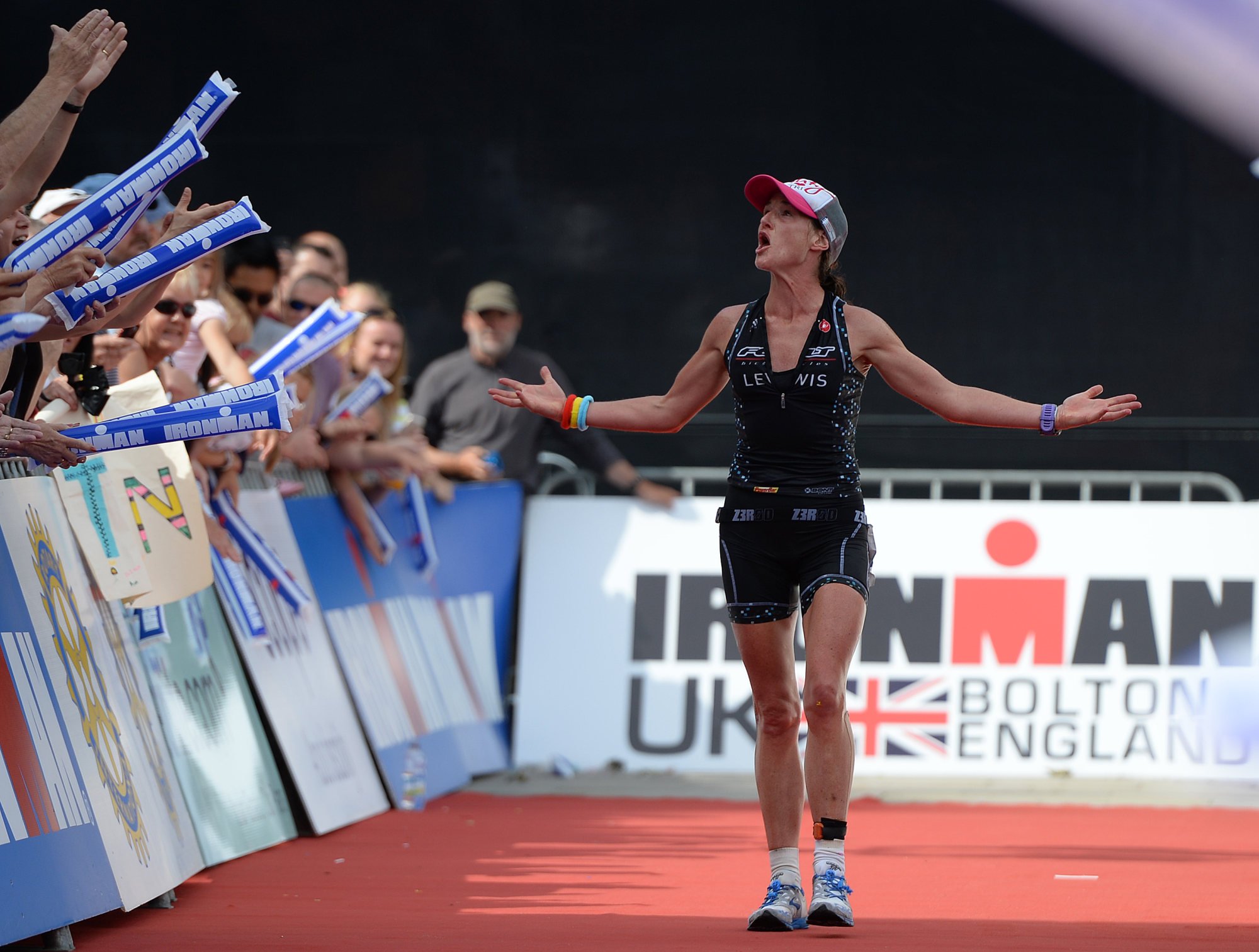
“Stress management is super important; stress is a major trigger for long Covid relapse in many people, both psychological and physical.”
Last year, Lewis moved temporarily from London to the Spanish island of Ibiza. She worked on the launch of a clinic in Ibiza called Rosebar Longevity, aimed to support people who plan to live longer, healthier lives.
Among the board members is Dr Mark Hyman, the American doctor and leader in the field of functional medicine, and a bestselling author.
She says being in Ibiza, away from urban life, was fundamental to her healing process.

